Chrysocolla
The Vibrant Gemstone of Tranquility and Expression
Chrysocolla is a captivating gemstone known for its striking blue-green hues and connection to communication, balance, and creativity. Its rich, ocean-like colors make it a favorite among jewelry designers and collectors alike. From ancient civilizations to modern fashion, this stone continues to inspire and enchant.
Origins of Chrysocolla
Chrysocolla is primarily found in regions abundant in copper deposits. Some of the most notable sources include:
- Democratic Republic of the Congo – Produces high-quality, vividly colored specimens.
- Peru – Known for deep blue-green chrysocolla often found mixed with malachite.
- United States (Arizona, New Mexico) – Famous for its bright turquoise-like hues.
- Mexico – Offers a mix of chrysocolla, turquoise, and quartz composites.
- Israel – Found in the famous Eilat Stone, a combination of chrysocolla, malachite, and turquoise.
Chrysocolla biomineralization occurs when silica-rich waters infiltrate copper deposits, creating stone in veins or nodular masses often found alongside malachite, azurite, turquoise, and quartz.
Quick Chrysocolla Crystal Comparison
| Aspect | Details |
|---|---|
| Composition | Copper silicate, often with minerals like quartz |
| Color Range | Blue-green, teal, turquoise, sometimes yellow-green |
| Hardness | ~2.5–3.5 (soft—handle gently) |
| Value per Carat | $5–$50 (standard) / $100+ (premium gem quality) |
| Chakra Alignment | Throat, Heart, and sometimes Third Eye |
| Zodiac Match | Gemini, Libra, Pisces, Aquarius |
Formation Process of Chrysocolla
Chrysocolla forms in the oxidation zones of copper-rich mineral deposits. The process includes:
- Copper Weathering: When copper ore deposits are exposed to air and water, they break down and mix with silica-rich solutions.
- Silica Infusion: The presence of silica allows chrysocolla to form in veins, botryoidal masses, or as a coating on other minerals.
- Combination with Other Minerals: Often found alongside malachite, azurite, turquoise, and quartz, enhancing its color and durability.
Unlike crystalline gemstones, chrysocolla is amorphous, meaning it lacks a defined crystal structure but still forms stunning natural patterns.



Raw shape, tumbled, bead chrysocolla
Cultural Significance and Meaning of Chrysocolla
Chrysocolla has been revered across cultures for its association with communication, wisdom, and emotional balance.
- Ancient Egypt – Cleopatra reportedly carried chrysocolla for its calming effects and to enhance her diplomatic skills.
- Native American Tribes – Used as a sacred stone for strengthening emotional bonds and harmony.
- Greek & Roman Civilizations – Believed to support orators and leaders in public speaking.
- Modern Metaphysical Beliefs – Associated with the throat and heart chakras, promoting self-expression, inner peace, and creativity.
This gemstone is often called the "Stone of Communication", believed to help people articulate thoughts and emotions with clarity.
Chrysocolla Price, Value and Rarity
Is chrysocolla expensive?
It’s generally affordable—typically between $5–$50 per carat depending on color, pattern, and cut. However, rare chrysocolla gemstones with vivid saturated blues and flawless patterns can fetch $100–$500 per carat or more.
- Affordability: Chrysocolla is generally affordable compared to turquoise or lapis lazuli, though rare high-quality specimens fetch higher prices.
- Influencing Factors: Color intensity, purity, and the presence of quartz significantly impact value.
- Price Range: Typically ranges from $5 to $100 per carat, with gem-grade material at the higher end.
Chrysocolla value is influenced by:
-
Vibrant blue-green coloration
-
Minimal host rock inclusion
-
Presence of quartz matrix (“gem silica”)
-
Polished finish and unique patterning
Some varieties, such as chrysocolla-in-quartz (also called "gem silica"), are highly prized and can command prices of $50–$500 per carat.
Chrysocolla Properties
Chrysocolla Meaning
Chrysocolla is often called the "Stone of Communication." Its meaning centers on clarity of expression, emotional harmony, calming influence, and intuitive strength.
Chrysocolla Properties
-
Encourages verbal clarity and truth
-
Supports emotional healing and inner peace
-
Stimulates creativity, expression, and self-awareness
Healing Properties of Chrysocolla
-
Soothes the throat chakra for empowered speech
-
Calms anxiety and emotional turmoil
-
Inspires creative flow and artistic expression
External
Career & Success
Ambition
Relationships & Communication
Love & Compassion
Inner
Composure
Calmness
Harmony
Intuition
Connectivity
Zodiac



Element

Chakras



Planet

Mohs Hardness
≥ 7
Click to copy the Chrysocolla properties
Jewelry Uses and Fashion Tips
Chrysocolla’s rich color variations make it an excellent choice for unique, artistic jewelry:
- Statement Necklaces & Pendants – Showcases the stone’s natural patterns beautifully.
- Beaded Bracelets – Pairs well with earthy or bohemian styles.
- Cabochon Rings – Offers a bold, yet calming aesthetic.
- Earrings – Brings a pop of color to minimalist or beach-inspired outfits.
Styling Tips:
- Looks stunning with bohemian, casual, or nature-inspired outfits.
- Pairs beautifully with earthy tones like beige, brown, and olive green.
- Works well in artistic, handmade jewelry due to its unique natural textures.
Pairing Chrysocolla with Other Gemstones or Materials
Chrysocolla pairs well with other gemstones and metals both in terms of energy and fashion aesthetics.
Gemstone :
Malachite – Enhances emotional healing and complements green hues.
Lapis Lazuli – A striking contrast that adds depth and sophistication.
Turquoise – Creates a harmonious blend of blue-green tones.
Moonstone – Softens chrysocolla’s vibrant hues, adding a dreamy quality.
Hematite – Provides grounding energy and a sleek metallic contrast.





Metal :
Sterling Silver – Enhances the cool blue-green shades for a modern feel.
Copper – Complements chrysocolla’s earthy origins and deepens its color.
Gold – Adds a warm, luxurious contrast, making it suitable for elegant designs.



These combinations enhance both the spiritual significance and the aesthetic appeal of chrysocolla jewelry.
Crystal Color Palettes for Artistic and Fashion Inspiration
The colors of chrysocolla provide artistic inspiration for fashion, interior design, and branding. Here are five shades with HEX color codes:

- #008D92 Ocean Teal– A rich, deep blue-green.
- #31B8C0Earthy Turquoise – A soft yet vibrant aqua.
- #AD6B33Warm Copper Brown – Inspired by its mineral origins.
- #16324FMystic Midnight Blue – A dark, grounding contrast.
- #D7C0A6Soft Sandy Beige – A neutral complement to its vivid hues.
These colors can be used in jewelry designs, home décor, or fashion styling to create a balanced and nature-inspired aesthetic.
Chrysocolla is known as the "Stone of Communication", believed to encourage clarity, wisdom, and emotional balance. Throughout history, many gemstones have been associated with specific energies and meanings.
FAQs: Chrysocolla Meaning & Uses
Q1: What is chrysocolla good for?
A: Enhancing communication, emotional balance, and creative expression. It's especially helpful for speaking your truth and releasing emotional tension.
Q2: Is chrysocolla crystal healing effective?
A: Yes—it's valued in metaphysical practice for calming the mind, supporting heart-centered expression, and aiding meditation or insight work.
Q3: Which zodiac signs resonate most with chrysocolla?
A: Best suited for Gemini, Libra, Pisces, and Aquarius—those seeking emotional clarity, intuition, and balanced communication.
Q4: Is chrysocolla valuable?
A: Standard chrysocolla is moderately priced, but top-tier chrysocolla gemstone specimens with vibrant color and clarity can be collectible.
Q5: Is chrysocolla the same as turquoise?
A: Though similar in color, chrysocolla and turquoise are distinct minerals. Turquoise is a phosphate, while chrysocolla is a copper silicate, often mixed with malachite or quartz.
Do you think gemstones influence our emotions and communication skills, or is their significance purely symbolic? Share your thoughts!
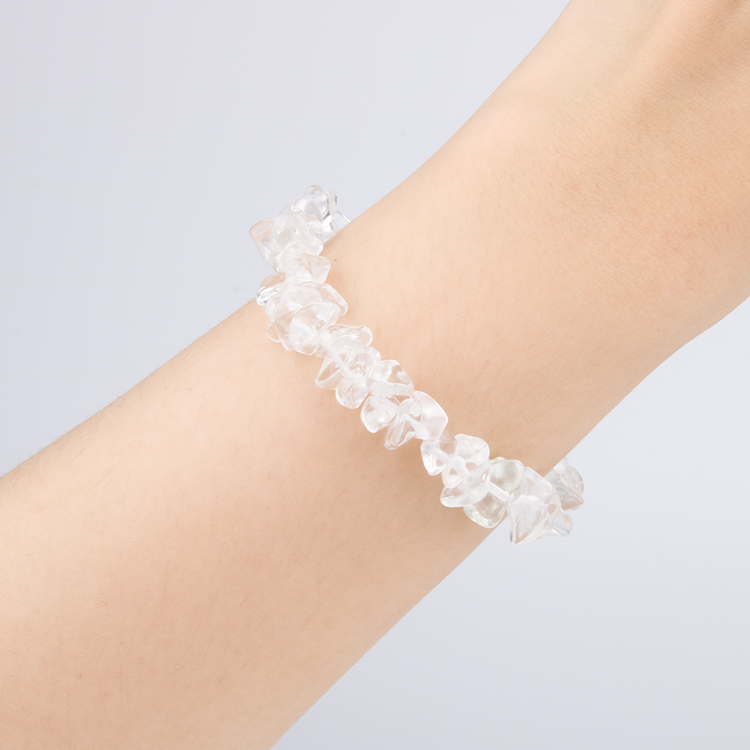
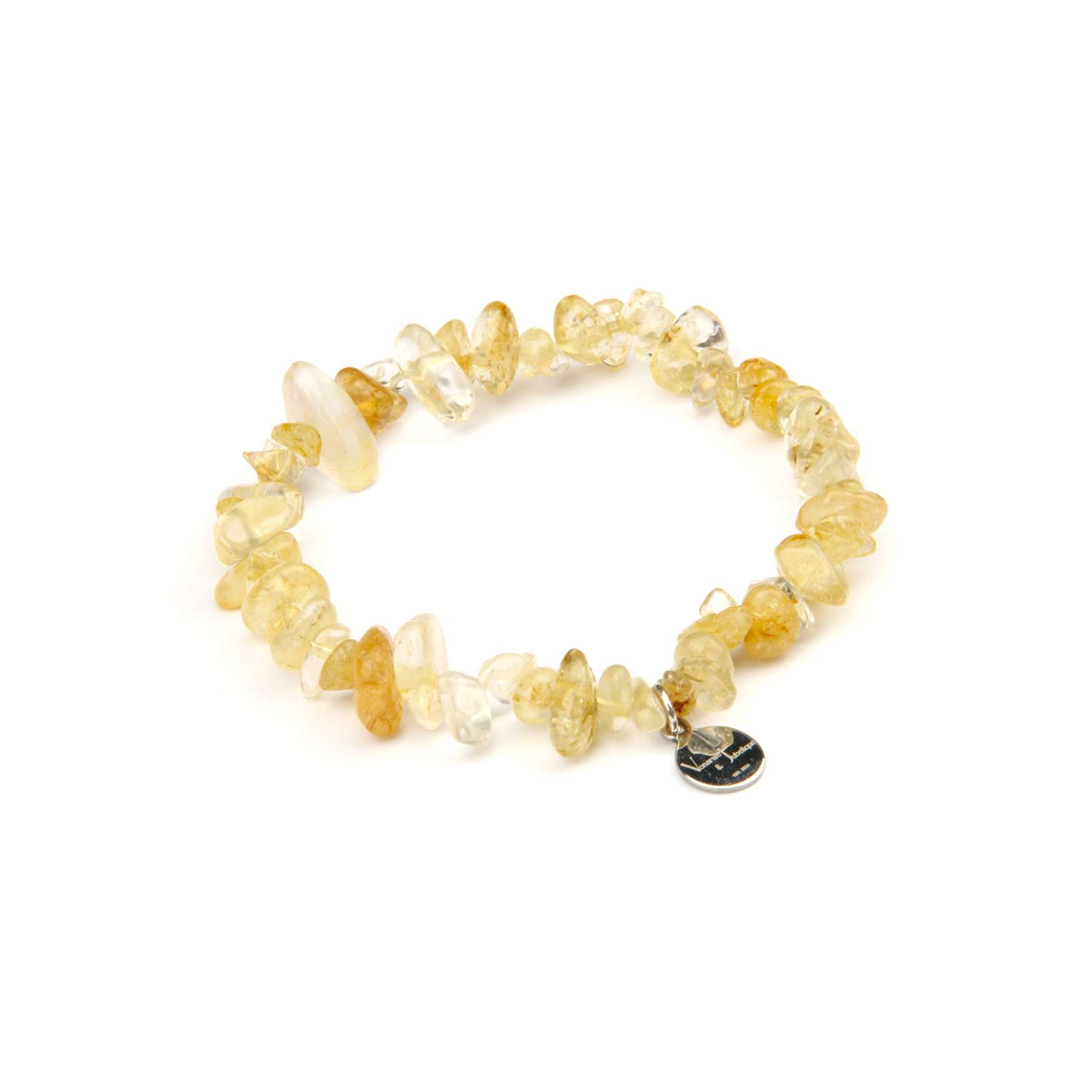
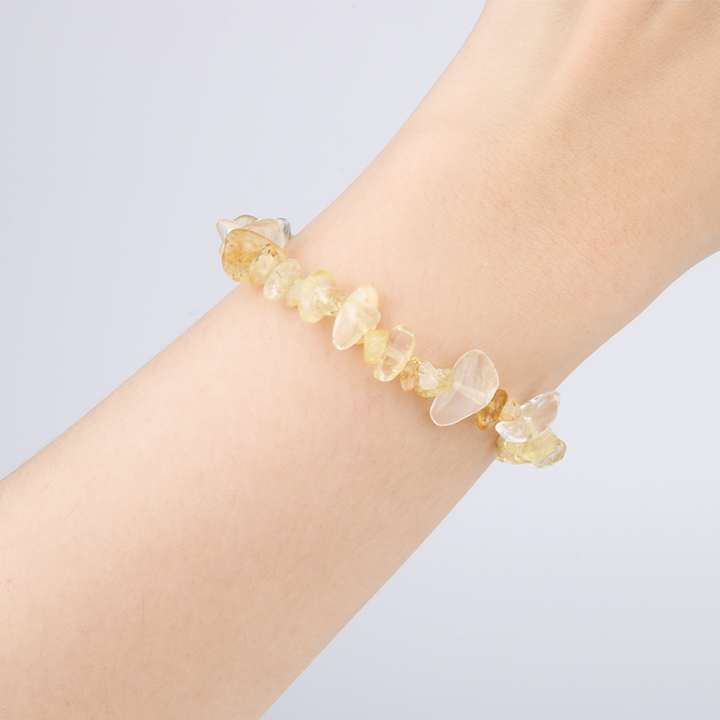
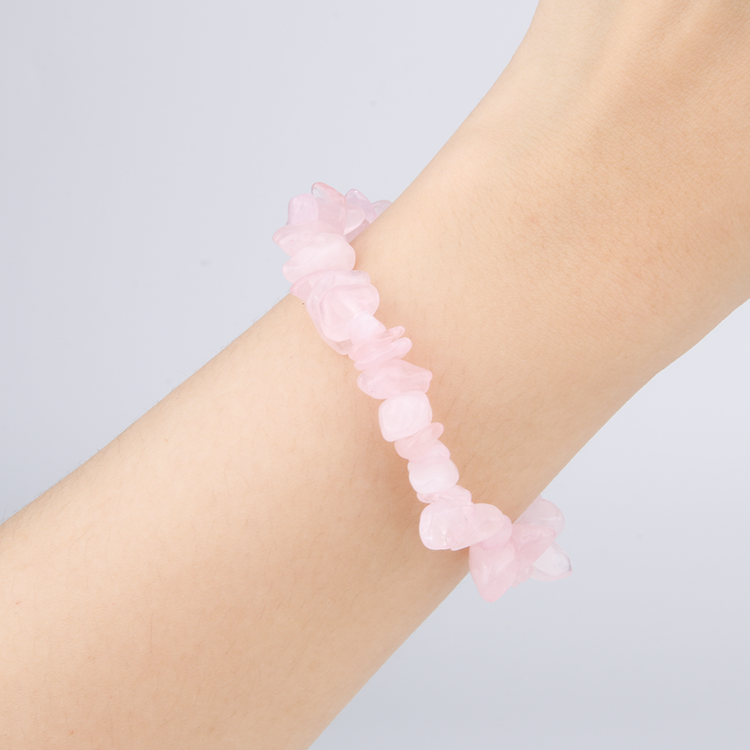
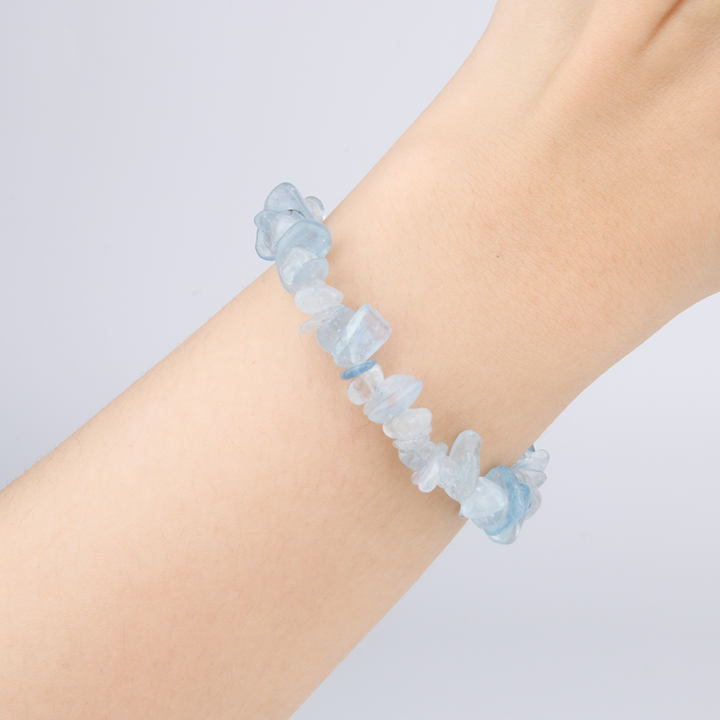
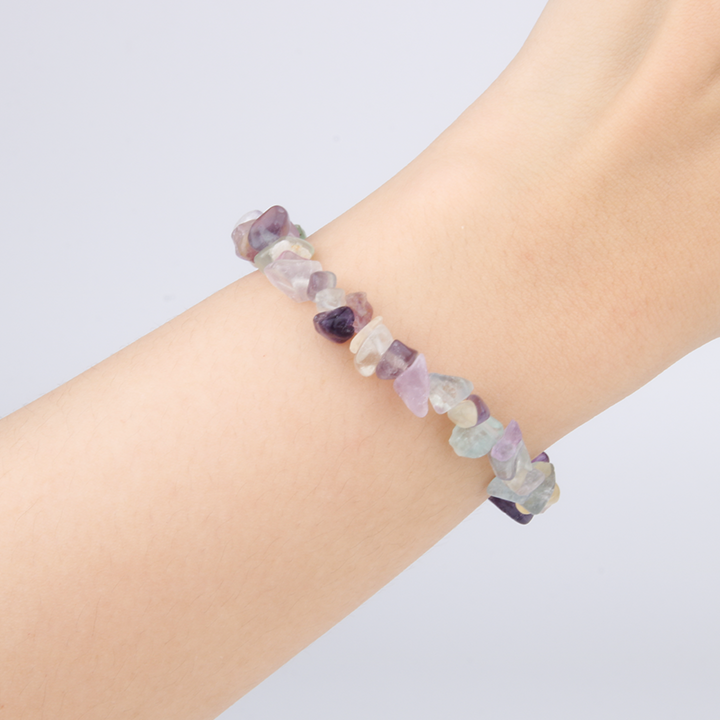
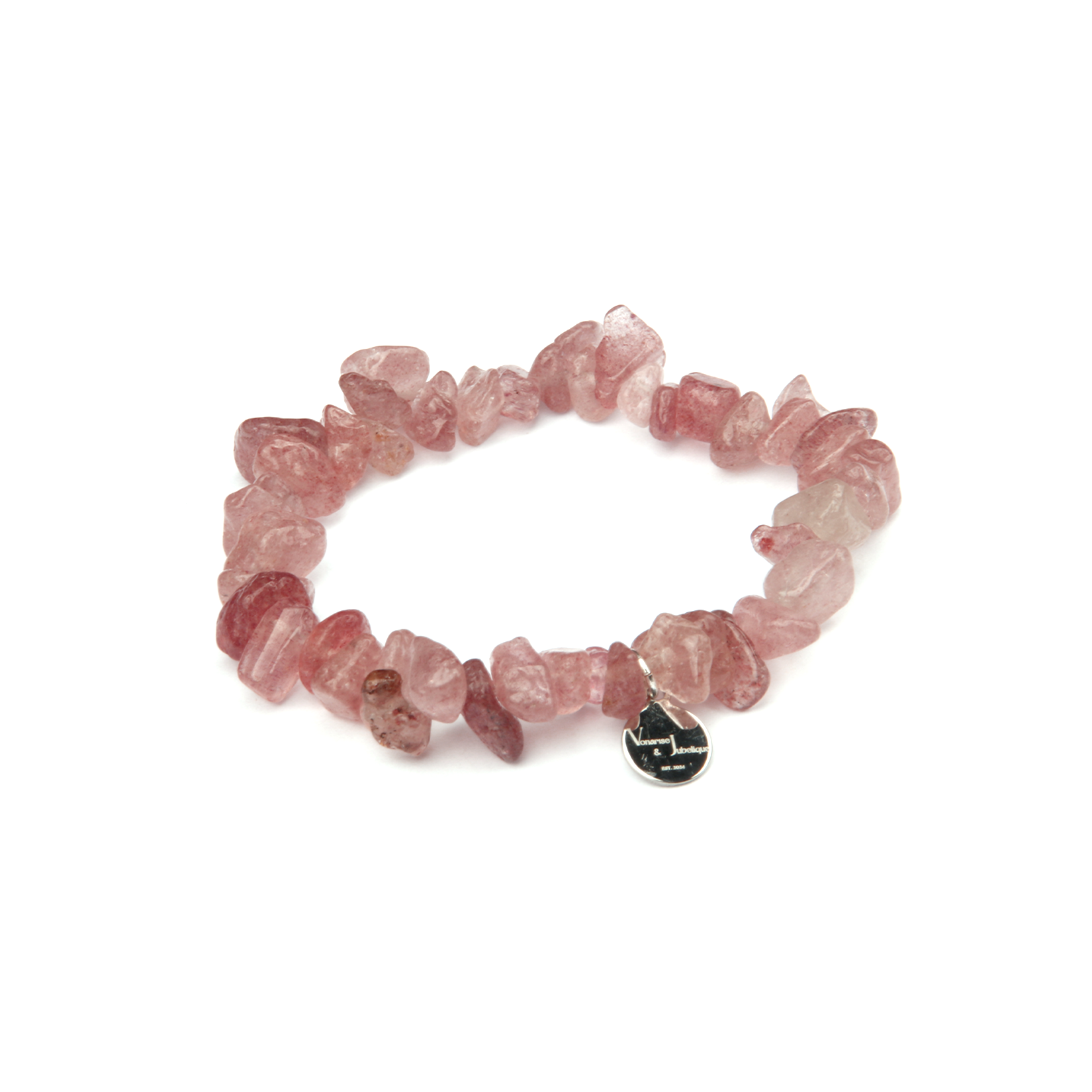
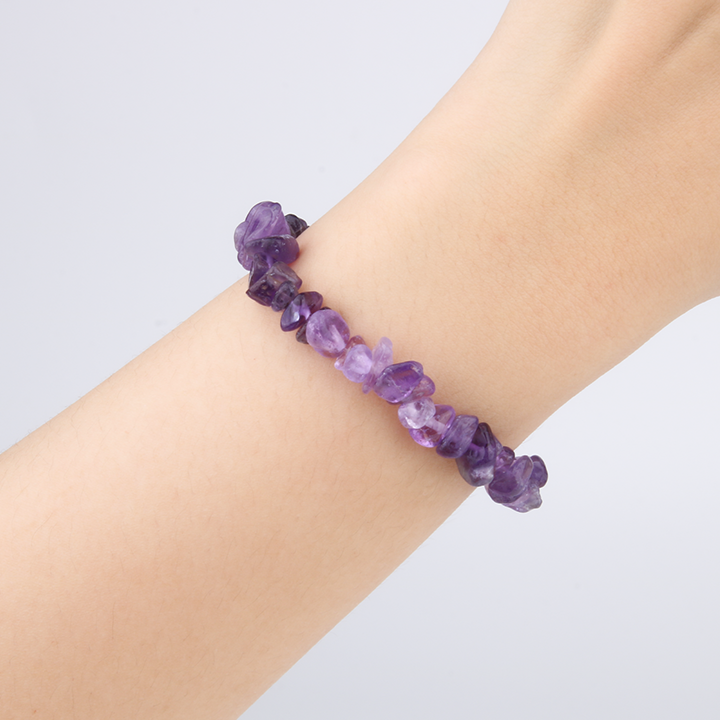
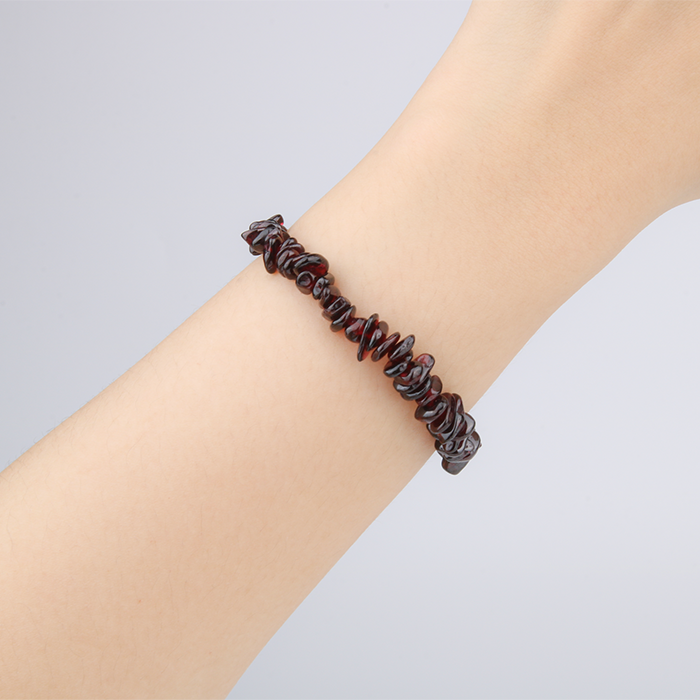
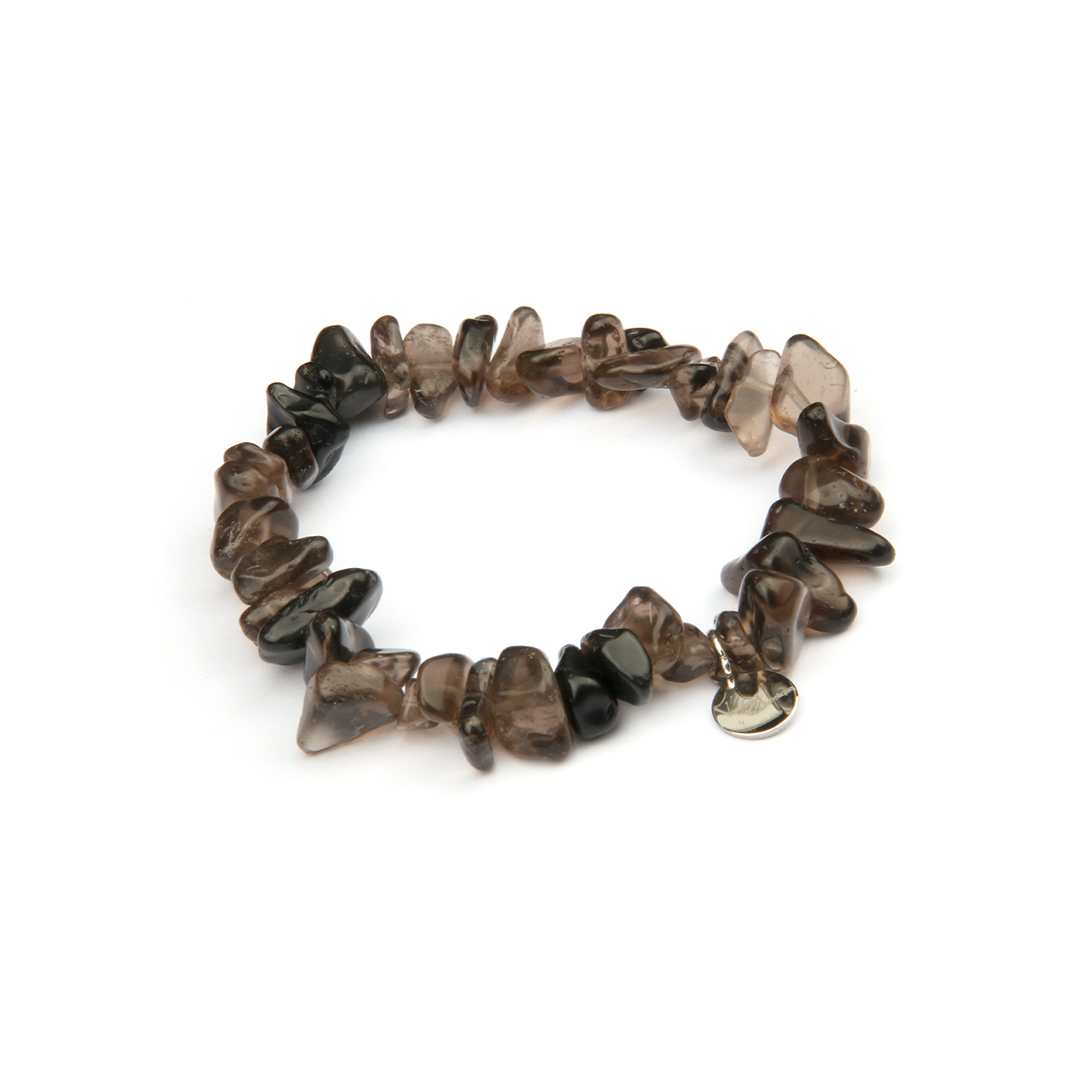
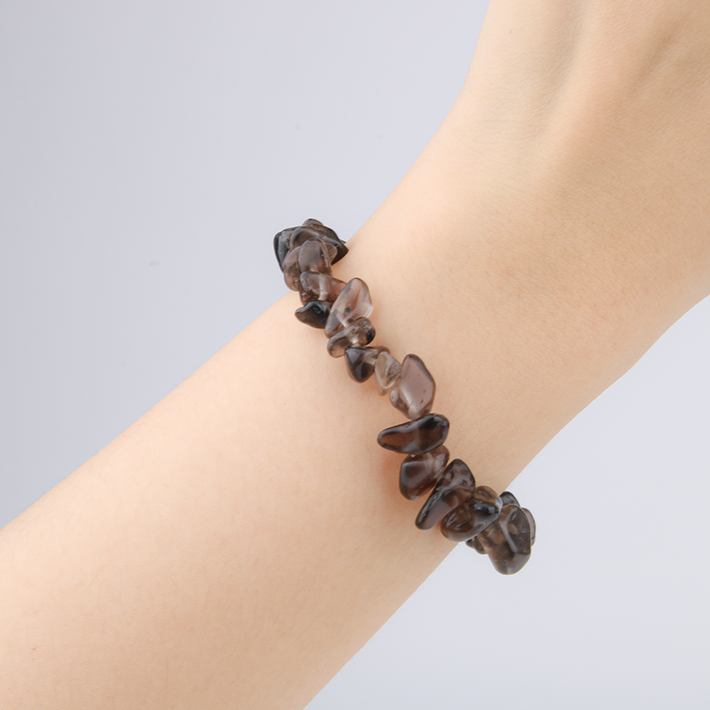
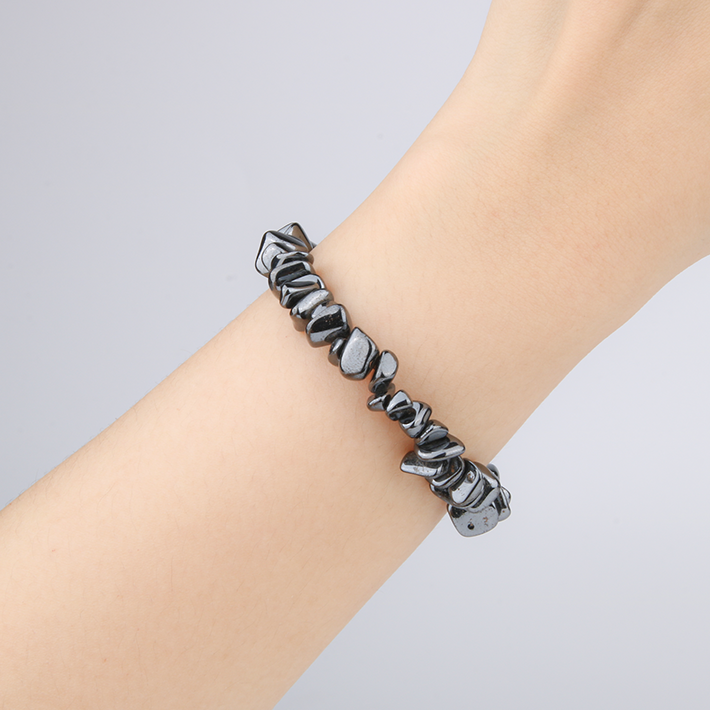
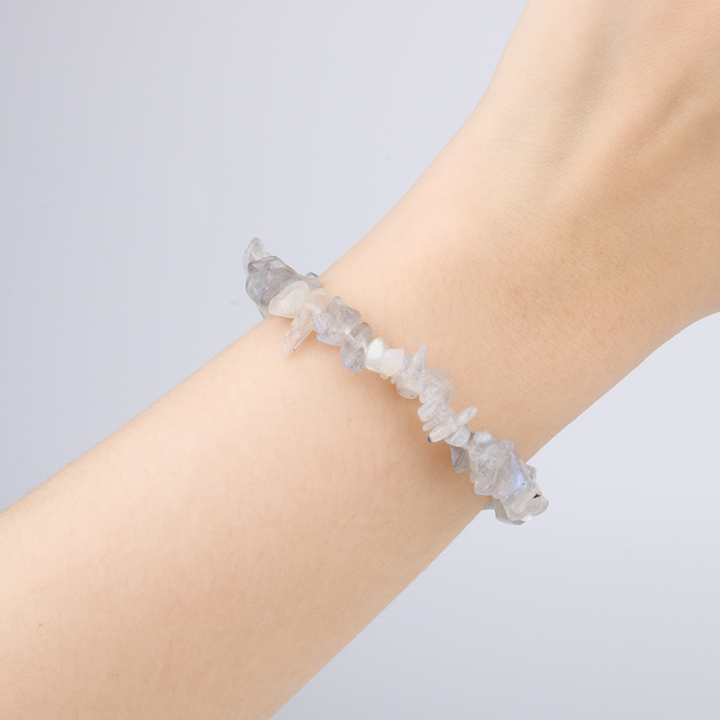

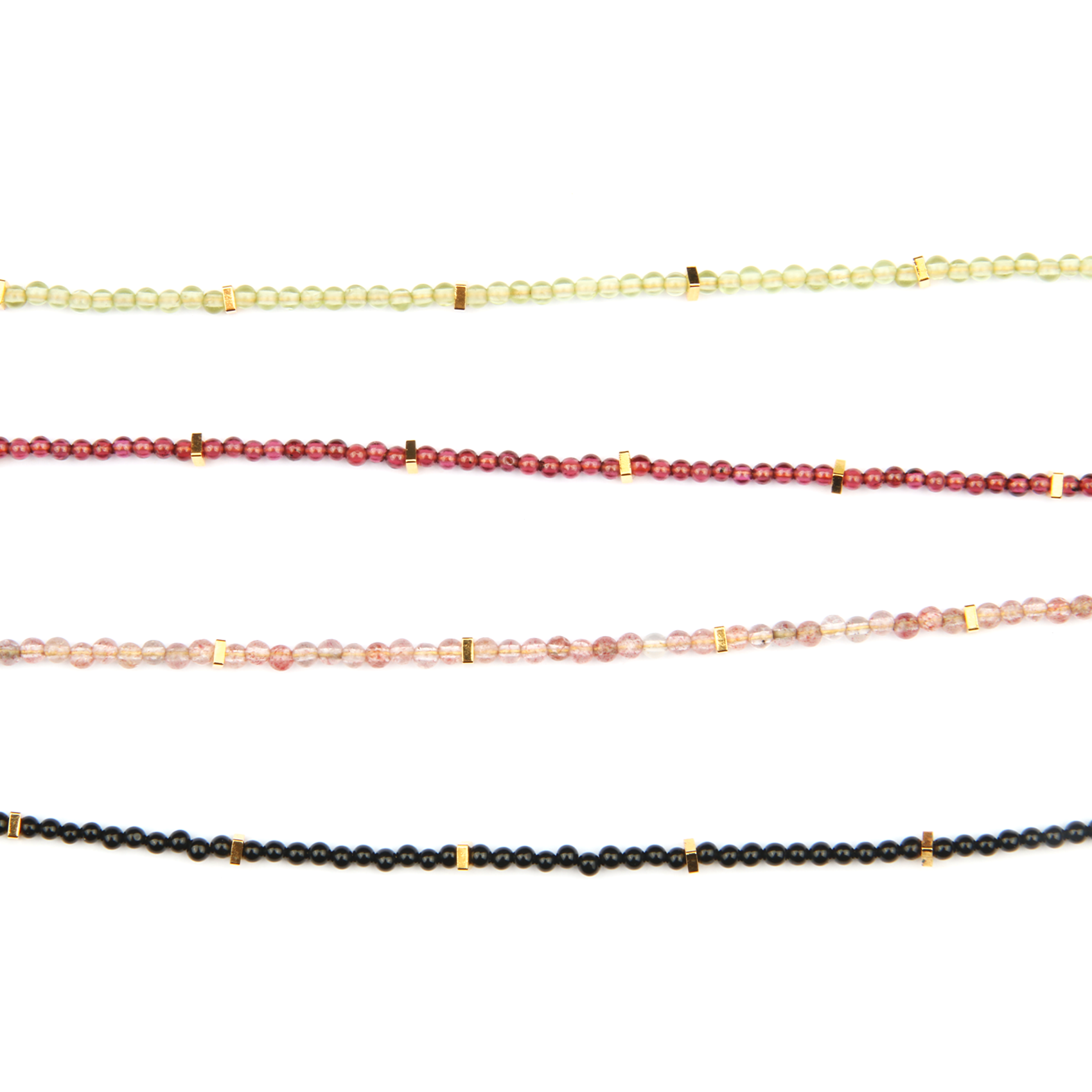
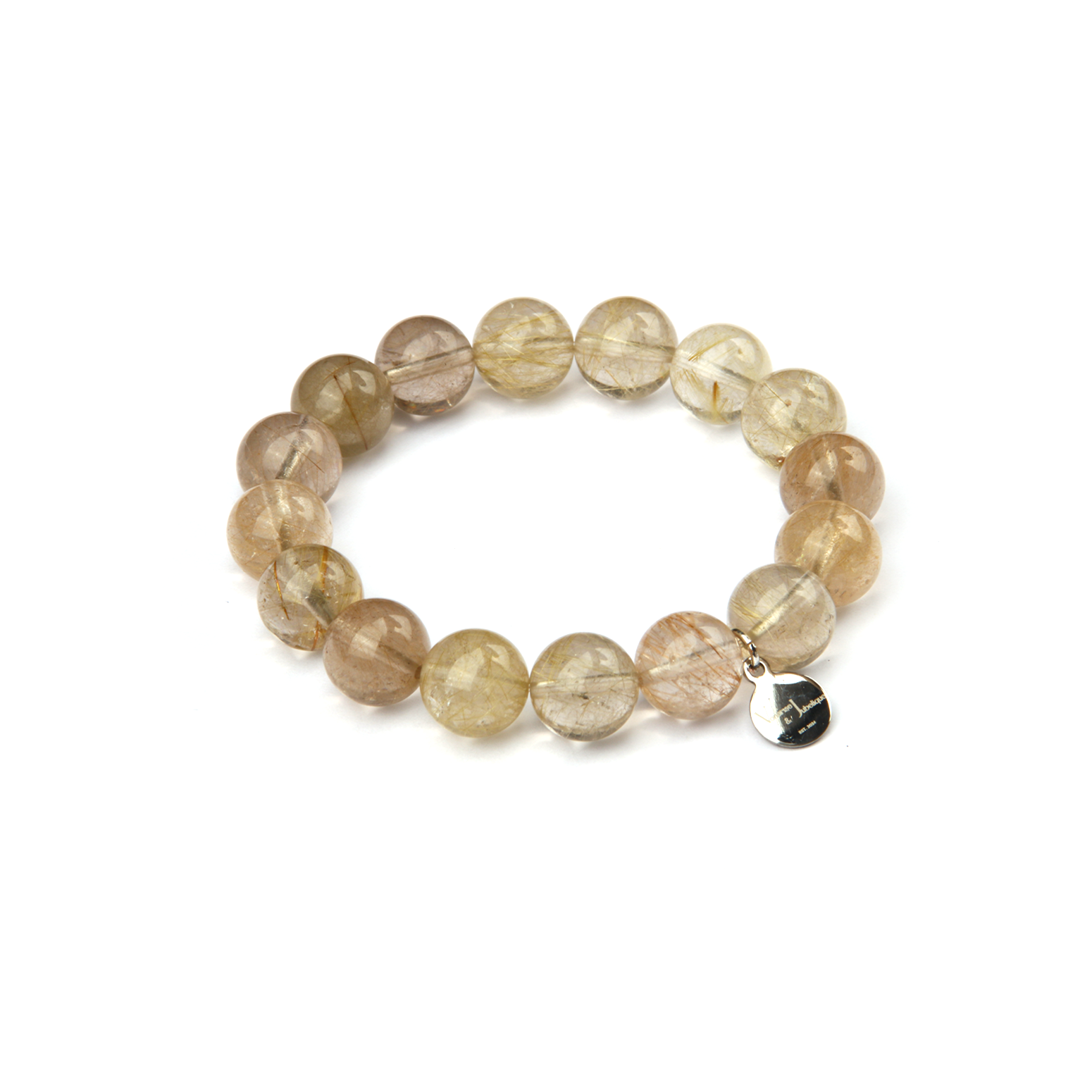
Share:
Chalcedony
Chrysoprase